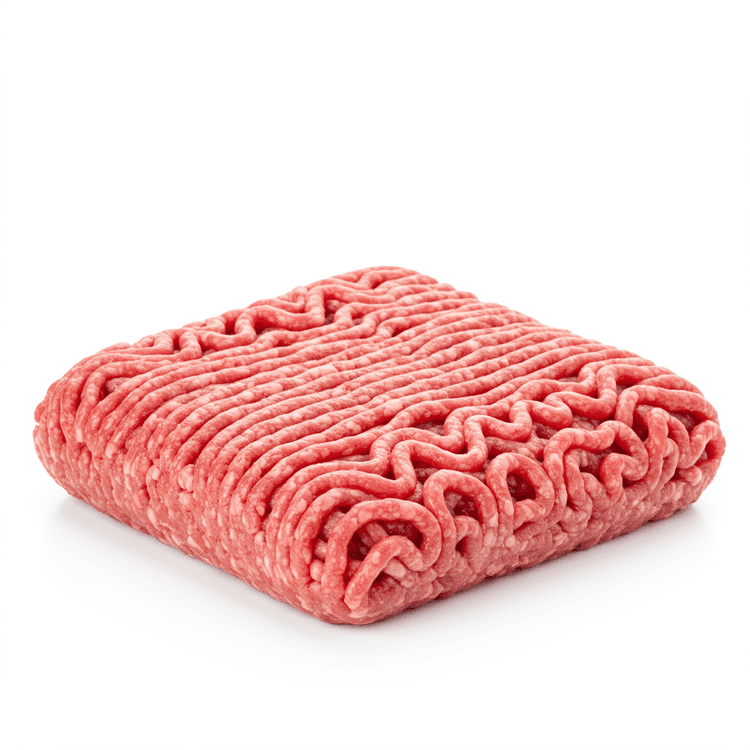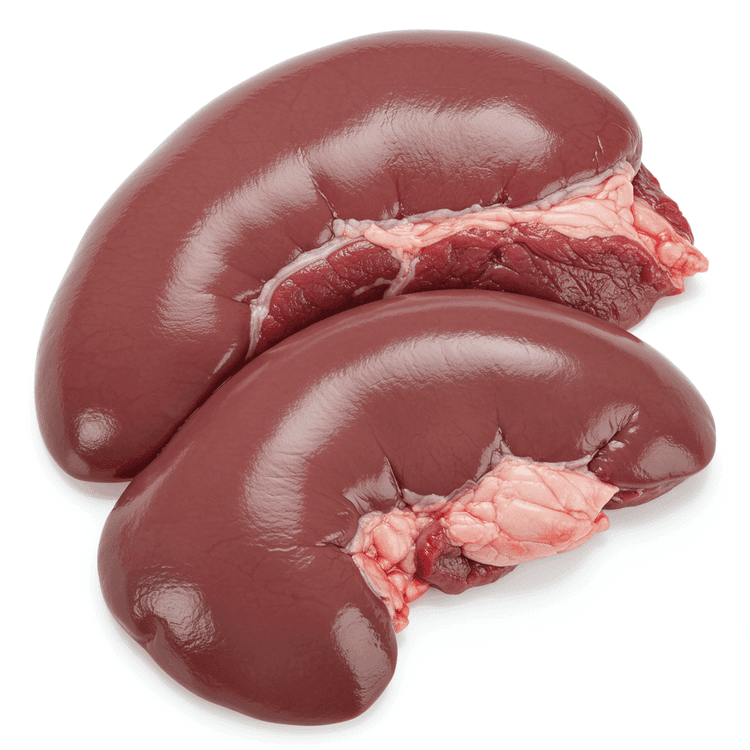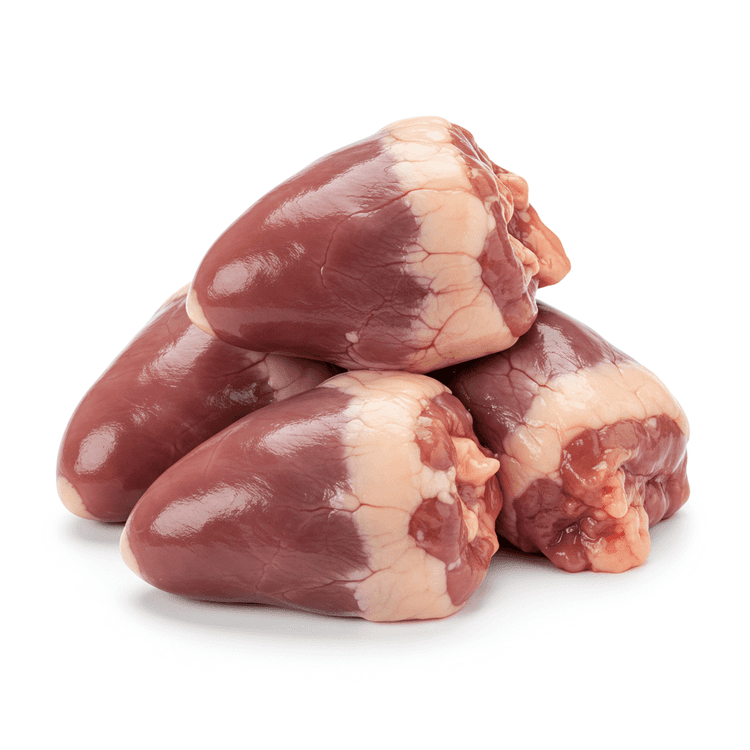
Liver
Liver, a nutrient-dense organ meat, is characterized by its rich, earthy flavor and smooth, slightly metallic taste. Its texture is generally tender when cooked correctly, but can become tough if overcooked. Raw liver has a deep reddish-brown appearance, while cooked liver ranges from brown to grey depending on the animal and cooking method. Popular types include beef liver, chicken liver, and pork liver. Explore liver recipes for a nutritious and flavorful culinary experience. A good source of iron, vitamins and protein it can be a very healthy addition to your diet.
Common Uses
- Chicken livers are often pan-fried or sautéed with onions and herbs, creating a simple yet flavorful dish for appetizers or a quick meal. Search 'chicken liver recipes with onions'.
- Beef liver, when properly prepared, can be braised or stewed with vegetables for a hearty and comforting stew. Discover 'beef liver stew recipes'.
- Liver can be ground and used as a key ingredient in pates and terrines, lending a rich and savory flavor. Learn 'how to make liver pate'.
- Liver is sometimes grilled or pan-fried and served in sandwiches or as a main course, often paired with bacon or onions. Find 'grilled liver recipes with bacon'.
- Liver can be incorporated into stuffings and dressings for poultry, adding depth of flavor and richness to the dish. Check out 'stuffing recipes with liver'.
- Liver is used in some traditional meat pies, contributing to the savory and umami notes of the filling. See 'traditional meat pie recipes with liver'.
Nutrition (per serving)
Nutrition (per serving)
Calories
135.0kcal (6.75%)
Protein
20.4g (40.72%)
Carbs
0.0g
Sugars
0.0g
Healthy Fat
2.1g
Unhealthy Fat
1.7g
% Daily Value based on a 2000 calorie diet
Nutrition (per serving)
Calories
135.0kcal (6.75%)
Protein
20.4g (40.72%)
Carbs
0.0g
Sugars
0.0g
Healthy Fat
2.1g
Unhealthy Fat
1.7g
% Daily Value based on a 2000 calorie diet
Health Benefits
- Excellent source of Vitamin A, vital for vision, immune function, and cell growth.
- Rich in B vitamins, especially B12, crucial for energy production and nerve function.
- High in iron, which helps prevent iron deficiency anemia and supports oxygen transport.
- Contains copper, an essential mineral for enzyme function and iron metabolism.
- Provides choline, important for brain health, liver function, and metabolism.
- A good source of protein, essential for building and repairing tissues.
Substitutes
Chefadora AI is here.
Experience smarter, stress-free cooking.
Storage Tips
Fresh liver is highly perishable and must be handled with care. Store it in the refrigerator immediately after purchase, wrapped tightly in plastic wrap or in an airtight container, and use within 1-2 days. For longer storage, freeze liver in a single layer on a baking sheet, then transfer to a freezer bag or container to prevent freezer burn. Frozen liver can last for 2-3 months. Thaw it in the refrigerator before cooking.
Marnirni-apinthi Building, Lot Fourteen,
North Terrace, Adelaide, South Australia, 5000
Australia



